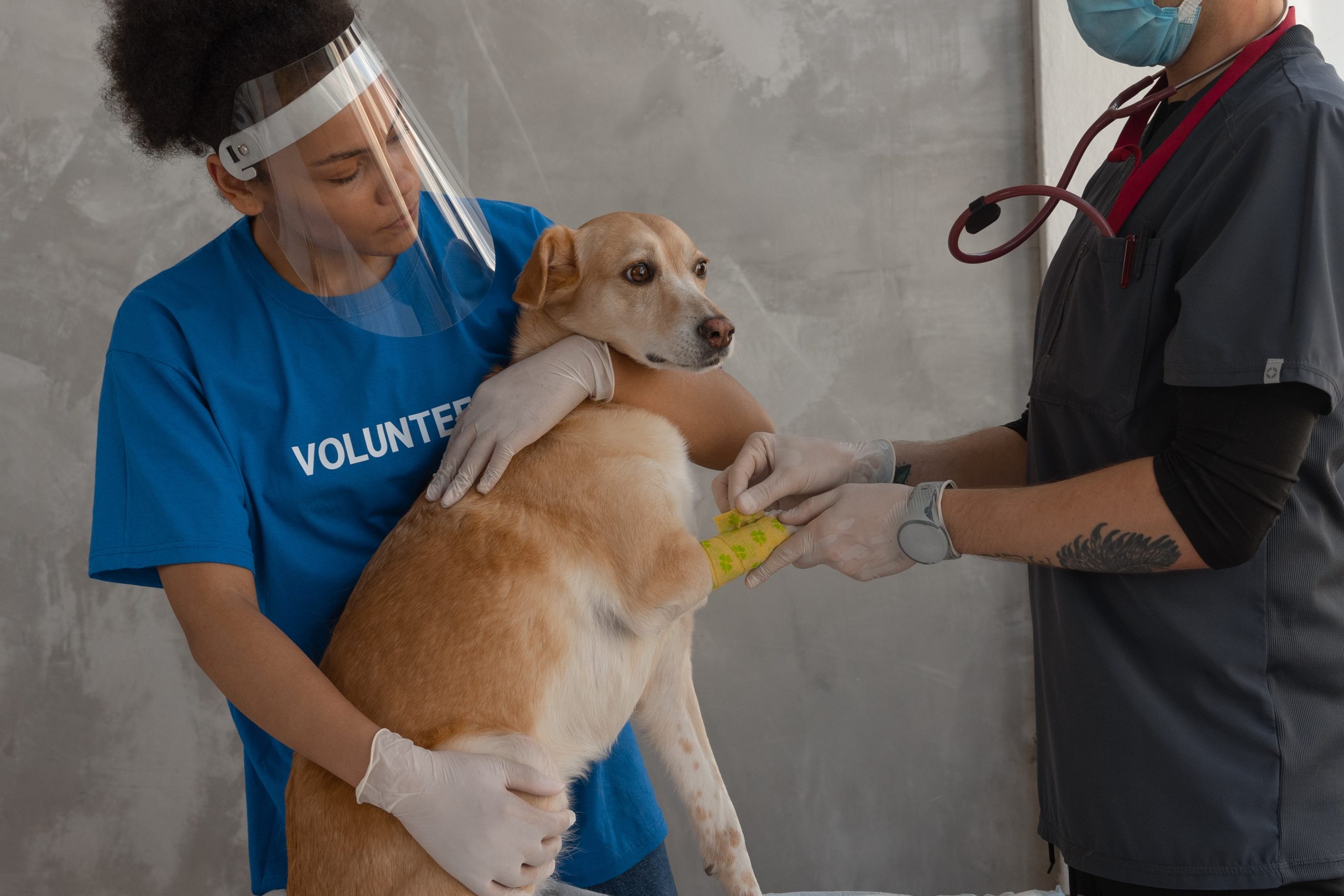Regarding our beloved pets, a few life events are as nerve-wracking as surgery. The good news is, with proper preparation and care, a pet can safely undergo even major surgery at a vet clinic and fully recover. So, what should you do to prepare your pet for surgery? This article provides essential tips and guidance.
Understanding Your Pet’s Medical Condition
Initially, you must understand the specific situation facing your pet. Ensure you understand the problem, the recommended surgical procedure, and the expected outcomes. Don’t hesitate to ask the vet as many questions as required until you feel comfortable with the information.
Choosing the right vet clinic is critical to help ensure the safety and successful outcome of your pet’s surgery. Check out various veterinary clinics, scrutinize their services, and compare the qualifications of their veterinarians. Don’t forget to visit their website to gather more information. Better still, it would help if you sought recommendations from friends or others in your locality who have pets.
Preparing Your Pet for Surgery
1. Consult with Your Veterinarian
Scheduling a consultation with your veterinarian is the first step in preparing your pet for dog surgery. During this appointment, your vet will provide detailed information about the surgical procedure, including its purpose, expected outcomes, and potential risks. Take this opportunity to ask any questions or express concerns about your pet’s surgery.
2. Follow Pre-Surgery Instructions
Your veterinarian will provide specific pre-surgery instructions tailored to your pet and the type of procedure. Common instructions may include fasting your pet for a specified period before surgery. Fasting prevents complications during anesthesia, such as vomiting and aspiration of stomach contents. Ensure you adhere to these instructions diligently, as failure to do so could lead to the postponement of the surgery.
3. Update Vaccinations and Preventatives
Before surgery, ensure your pet is up-to-date on vaccinations and preventative treatments. This helps protect your pet from potential infections during the surgical process. Discuss with your veterinarian if additional vaccinations or preventive measures are necessary based on your pet’s health and the surgery’s requirements.
4. Medications and Health History
Provide your veterinarian with a complete health history of your pet. Include information about any current medications your pet is taking, allergies, or underlying health conditions. This detailed medical history allows the veterinary team to tailor anesthesia and medications to your pet’s specific needs, ensuring their safety during surgery.
5. Prepare a Safe Space for Recovery
Creating a comfortable and safe recovery space at home is essential for your pet’s post-operative care. Choose a quiet area free from distractions and potential stressors. Provide soft bedding, blankets, or a comfortable crate for your pet. Ensure this space is separate from other household pets to prevent conflicts or disturbances.
6. Arrange a Transportation
Plan for a safe and comfortable mode of transportation to take your pet to and from the veterinary clinic on the day of surgery. Secure your pet in an appropriate carrier or leash to ensure their safety during transit.
7. Plan for Post-Surgery Care
Discuss post-surgery care instructions with your veterinarian. Depending on the procedure, you may need to administer medications, change dressings, or restrict your pet’s activity during recovery. Be prepared to provide the necessary care and adhere to follow-up appointments as recommended. If your pet has dental surgery, you can ask a dog dentsit in Williamsburg, VA, about post-dental surgery care.
8. Ask About Food and Water
Inquire with your veterinarian about when your pet can resume normal food and water intake after surgery. They will guide the timing and gradual reintroduction of food to ensure your pet’s comfort and digestion.
9. Reduce Stress
Help reduce your pet’s stress before surgery by offering familiar comfort items like their favorite blanket or toy in their recovery space. Spend quality time with your pet to reassure them and provide emotional support.
10. Keep Your Pet Calm
Leading up to the surgery, minimize excitement and excessive exercise, especially on the procedure day. A calm and relaxed pet is easier to handle and monitor during surgery, contributing to a safer surgical experience.
11. Monitor for Signs of Illness
Before the surgery, monitor your pet closely for any signs of illness, such as vomiting, diarrhea, coughing, or sneezing. If your pet exhibits any unusual symptoms, inform your veterinarian promptly. They may need to assess your pet’s health and reschedule the surgery to ensure it is in optimal condition.
12. Provide Comfort and Reassurance
On the day of surgery, offer your pet comfort and reassurance. Use a gentle, soothing voice and provide affection to help ease any anxiety your pet may be experiencing.
13. Arrive on Time
When the day of surgery arrives, ensure you arrive at the veterinary clinic on time for the scheduled procedure. Follow any check-in procedures and paperwork as directed by the clinic staff.
14. Discuss Pain Management
Pain management is critical to your pet’s post-operative care. Discuss pain management options with your veterinarian to ensure your pet is comfortable during recovery. This may include pain medications prescribed for use at home.
15. Postpone Non-Essential Activities
In the days leading up to surgery, consider postponing non-essential activities that could put your pet at risk of injury or illness. This includes activities that may cause stress, exertion, or potential injury, affecting your pet’s surgery or recovery.
Emotional Preparation
Even though animals may not comprehend what’s happening, they can sense their owner’s anxiety. Maintaining calmness can significantly help reduce pre-surgery tension and anxiety your pet may feel.
Conclusion
In conclusion, preparing your pet for surgery is a critical step that can enhance the success of the procedure and the overall healing process. Gather as much information as possible about the surgical procedure, and always lean on your trusted vet for advice and support. Your pet relies on you to make the best decisions for their health, so ensure you’re well-equipped to do that.




